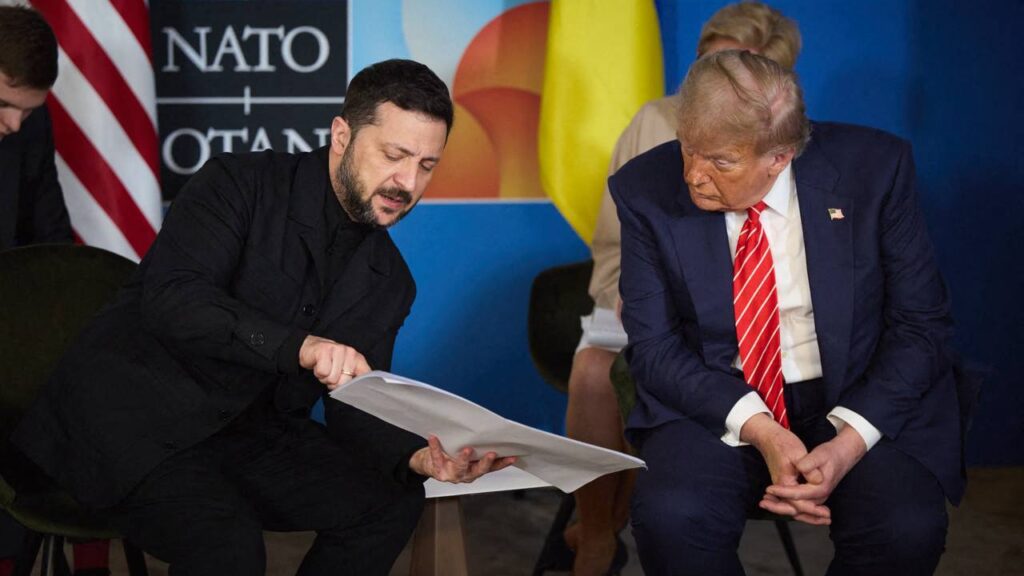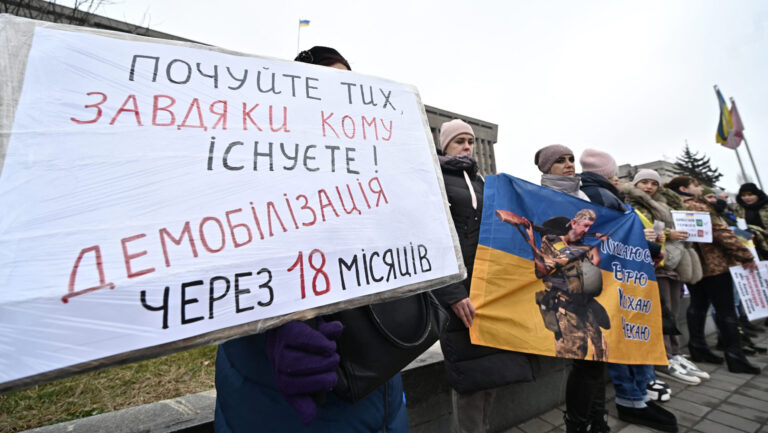Life has a funny way of showing how quickly things and sentiments can change over time. In the past half year, there were two large protests in Prague. Both took place on the picturesque Wenceslas Square in the old town of the Czech capital and both drew tens of thousands. But while the first one was an extraordinary show of support for Ukraine just days after the war broke out in February, the one this past weekend that we have reported about was anything but.
It comes as no surprise that the citizens across Europe are waking up to the dreaded reality of soaring energy prices and high inflation as the cold autumn months are rapidly approaching. The causes of the looming cost of living crisis are many and complex, but the most obvious and palpable ones are directly linked to the EU’s failed sanctions policy against Russia. With each passing day, more and more people realise across the continent that Russia will hardly be forced into a corner by the European energy sanctions, and therefore the financial hardships that their families have—and will have—to endure are for virtually nothing in terms of the big picture. As a direct consequence, we can be certain that in the coming months the streets of many European capitals will be flooded by protesters seeking explanations for their rising utility bills and an immediate change in their government’s Ukraine policies.
This is exactly what happened in the Czech Republic over the weekend, as some seventy thousand protesters gathered in Prague’s Wenceslas Square to demand a swift turn in the country’s sanctions policy and to hold the government responsible for its choices. According to one of the organisers of the event, the aim of the demonstration was ‘to demand change, mainly in solving the issue of energy prices, especially electricity and gas, which will destroy [the Czech] economy this autumn’.
But that’s not all it was. According to sources present at the rally, the protesters called for the resignation of the current government, demanded that the authorities take a neutral position on the conflict in Ukraine and that in any future decision, consider the interests of the Czechs before any others. What’s more, speakers at the event held the European Union solely responsible for the European economic disaster unfolding in front of our eyes, and called for negotiating guarantees for Russian energy supplies. What the Czechs want, it seems, is eerily similar to Prime Minister Viktor Orbán’s and the Hungarian government’s position from the very first days of this conflict.
Europe is on the brink
— Mahesh 🇮🇳 (@Mahesh10816) September 3, 2022
Over 70000 people came out in support of Russia in Prague and are forcing the Govt to resign for supporting Ukraine pic.twitter.com/lwMAjkBM2U
It is also no coincidence that the protest started a day after the five-party coalition government narrowly survived a no-confidence vote over the energy prices. After a 22-hour-long marathon debate in the Czech parliament, only 84 MPs voted for the government’s removal, instead of the 101 needed for the motion to be sustained. The Fiala government, a coalition of both conservative and liberal parties, has been in power for less than a year yet it has already been called—by former PM Andrej Babiš, among others—a ‘government of national disaster’. And yet, despite being almost outed by their fellow lawmakers in parliament and with tens of thousands demanding their resignation, the Czech government still refuses to listen. Prime Minister Petr Fiala himself testified to this incredible ignorance on his cabinet’s behalf when he told journalists that ‘The protest on Wenceslas Square was called by forces that are pro-Russian, are close to extreme positions and are against the interests of the Czech Republic.’ Of course—everyone who opposes the sanctions is a Russian agent. Clear as day. What is also clear is that with this attitude, Fiala’s coalition will not survive another year.
It is also worth noting that the growing anger of the populace is not confined to the Czech Republic. A UK-based risk consultancy firm and think tank, Veris Maplecraft, recently updated its ‘social unrest index’ with projections for the next six months. According to their analysis, more than half of the world’s countries will experience increased social unrest during the winter. Among the six countries who will have to face the greatest increase of risk of anti-governmental mass mobilisation, four are European: Bosnia, Switzerland, the Netherlands and Germany. As the firm’s principal analyst told Reuters: ‘Over the winter, it wouldn’t come as a surprise if some of the developed nations in Europe start to see more serious forms of civil unrest.’
It seems undeniable now that the initial enthusiasm of Europeans for the Ukrainian cause has evaporated over the months. Not because we don’t feel sympathetic to their struggle, and not even because Europeans aren’t cut out for making sacrifices for the greater good. It’s simply because the EU’s mistaken sanctions policies have proved to be futile over and over again, and people see their life savings wiped out as those responsible still refuse to listen. The consequences are clear: come winter, and we’ll see governments fall like dominoes. And unless Europe’s political class starts listening to the people, there will be nothing to look forward to but chaos and desperation.








